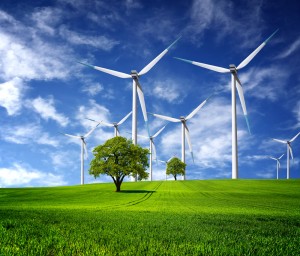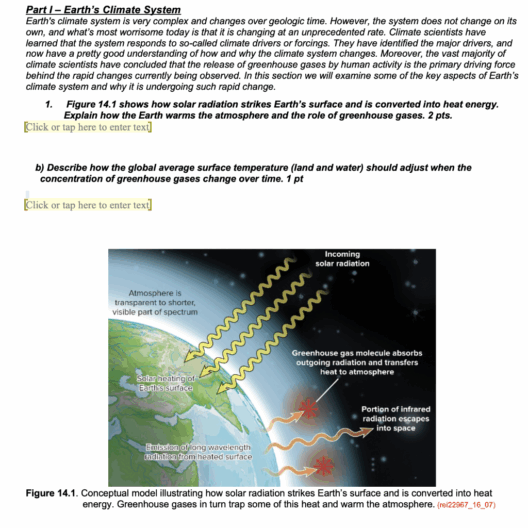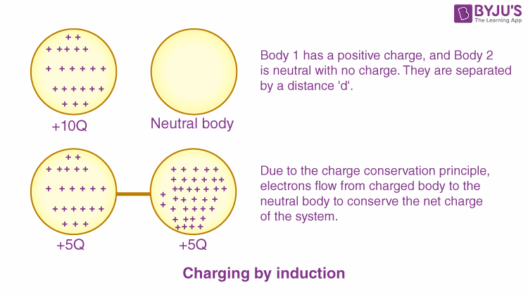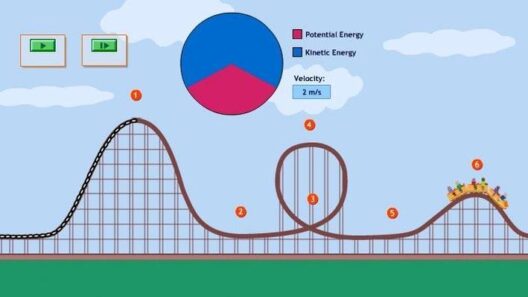Energy conservation, an often-overlooked aspect of sustainable practices, profoundly influences economic landscapes by transforming how we perceive subsidies. As nations grapple with the dual pressures of climate change and resource scarcity, the discourse surrounding energy conservation and its financial implications gains unprecedented attention. Can energy conservation indeed be perceived as a source of income through subsidies? This inquiry necessitates a meticulous examination of economic mechanisms, environmental ramifications, and societal shifts.
The traditional view of subsidies typically aligns with direct financial assistance provided to stimulate specific sectors. Primarily, these include grants, tax incentives, or rebates targeting businesses and consumers to promote energy-efficient technologies. Yet, when one dials down into the intricacies of this funding, a nuanced understanding unfolds, implying that energy conservation can yield substantial financial benefits for both governments and citizens alike.
Subsidies aimed at energy conservation often stem from a variety of governmental objectives. By incentivizing energy-efficient behaviors and technologies, governments can alleviate the fiscal burdens that energy consumption places on society and the environment. The rationale is simple yet profound: reduce energy usage today to mitigate costs and environmental impacts tomorrow. Furthermore, the cascading effects of energy conservation subsidies can produce an impressive return on investment, making them a veritable fountain of economic opportunity for stakeholders involved.
One of the most pronounced economic advantages arises from the substantial reduction in energy consumption costs. When entities—be they residential, commercial, or industrial—invest in energy-efficient technologies, they often unlock immediate savings. These savings, which may initially seem modest, can compound significantly over time, ultimately translating into a considerable influx of disposable income for consumers and businesses alike. Therefore, energy conservation transitions from a mere eco-friendly initiative into a pragmatic financial strategy.
Moreover, subsidies facilitate the transition towards renewable energy sources, further expanding the narrative of conservation as a source of income. The integration of solar panels, wind turbines, and energy-efficient appliances does not merely lessen reliance on fossil fuels; it cultivates new income streams. For instance, net metering—an arrangement that allows consumers with renewable energy systems to sell excess power back to the grid—functions as a remarkable manifestation of how energy conservation can be monetized. The financial returns from such arrangements can be viewed as a direct subsidy to those who choose to conserve energy through renewable means.
In tandem with direct financial benefits, energy conservation subsidies can proffer broader economic stimulation. The sectors revolving around energy efficiency—such as manufacturing, installation, and maintenance of energy-efficient appliances—witness a surge in demand due to these incentives. Consequently, this can lead to job creation across various skill levels, contributing positively to local economies. The employment of skilled tradespeople in installing energy-efficient technologies not only raises individual incomes but also fortifies community resilience against economic downturns.
However, the discourse surrounding energy conservation subsidies is not without its critique. Skeptics may argue that the financial outlay required to implement such subsidies could detract from other critical funding areas within public budgets. Yet, when assessed holistically, the long-term financial benefits offset these initial expenditures. For instance, reduced energy consumption leads to diminished stress on ecological systems, prompting lower remediation costs associated with environmental degradation. Thus, the argument pivots back to the notion that the investment in energy conservation can yield various indirect financial returns.
Furthermore, a paradigm shift occurs when one observes energy conservation as a civic duty. Societal attitudes towards energy consumption are evolving. Citizens increasingly recognize that their choices have consequences—not just for their wallets but for their communities and the planet. This shifting perspective engenders a richer understanding of the role subsidies play. When individuals engage in energy-enhancing behaviors, they contribute to a collective reduction in energy demand, which ultimately can lead to lower utility rates for all. The payoff is not merely in personal savings but in fostering a robust economic environment where communal conservation efforts yield substantive dividends.
To maximize the efficacy of energy conservation subsidies, education and awareness campaigns are paramount. A populace well-informed about the long-term benefits of conservation practices is likely to embrace these initiatives more wholeheartedly. Individuals and businesses should recognize that every kilowatt saved is not purely an expense avoided but an investment in future financial stability. Public and private sectors must collaborate to design programs that elucidate the fiscal advantages of energy conservation while promoting cultural shifts toward sustainable practices.
It is pivotal to consider the fiscal implications of energy conservation subsidies on a global scale. Many countries now look towards integrating energy conservation strategies into their broader economic policies. As nations strive to meet international climate goals, the dialogue around energy efficiency funding broadens. This has mandatory repercussions, potentially leading to harmonized global standards and collaborative financial mechanisms, all geared towards fostering sustainable practices across borders.
So, is energy conservation indeed considered a source of income via subsidies? The evidence supports a resounding affirmation. As societies pivot to align economic practices with sustainability imperatives, the promise of fiscal incentives through energy conservation becomes increasingly apparent. The overarching narrative shifts from viewing energy conservation as an isolated environmental effort to recognizing it as an integral element of economic vitality. A paradigm awaits to be embraced, one where energy conservation serves both ecological and economic ends, heralding a brighter, more sustainable future for all.








